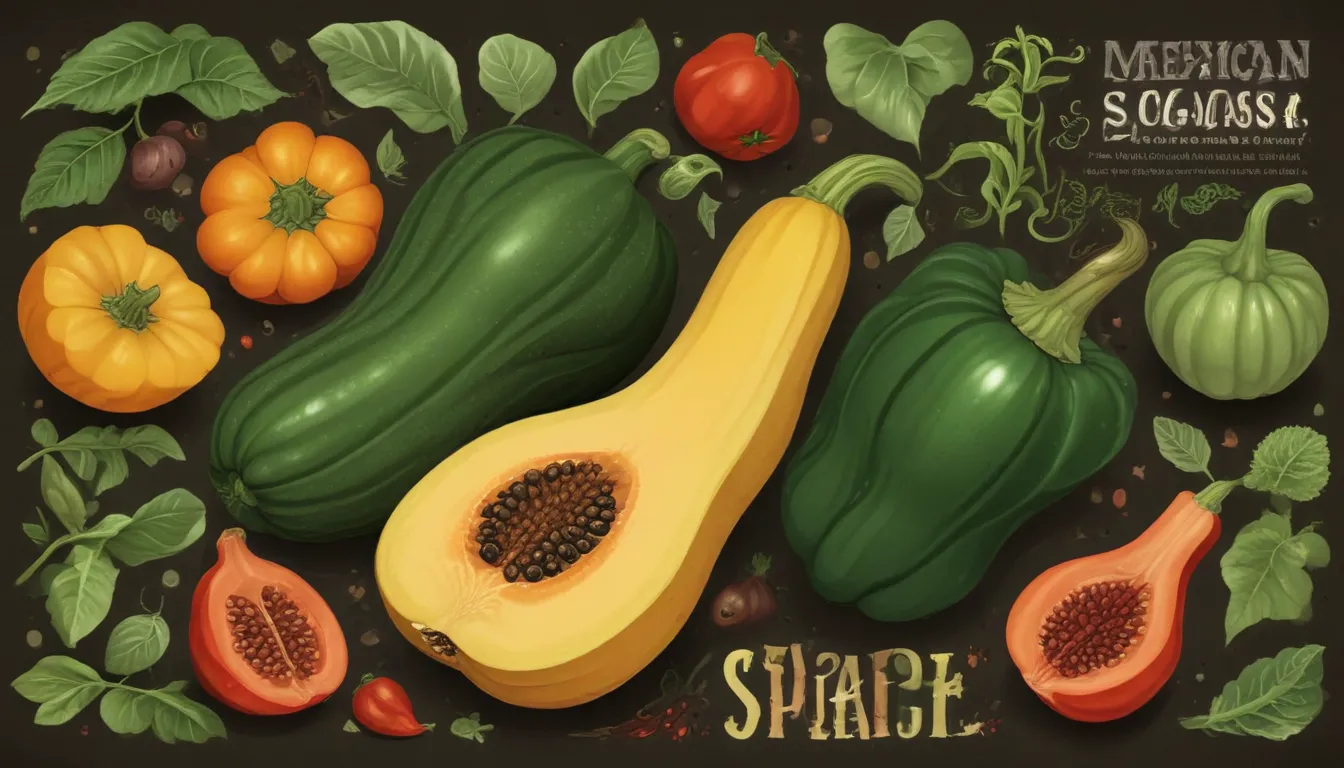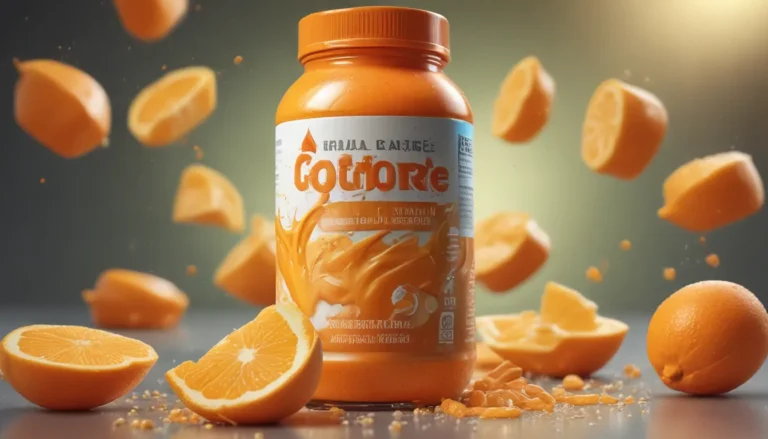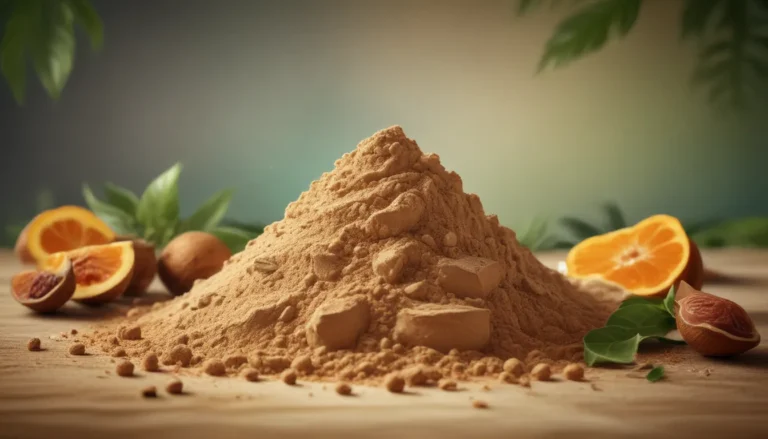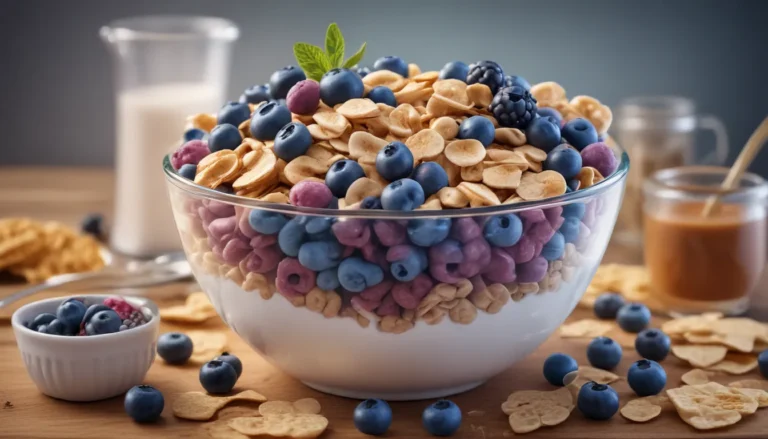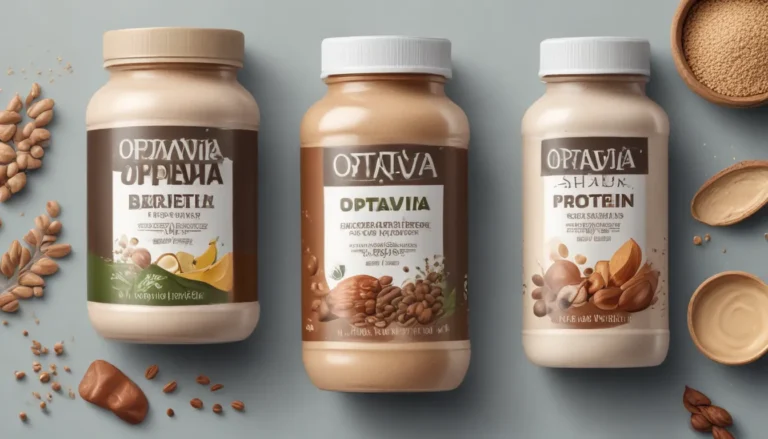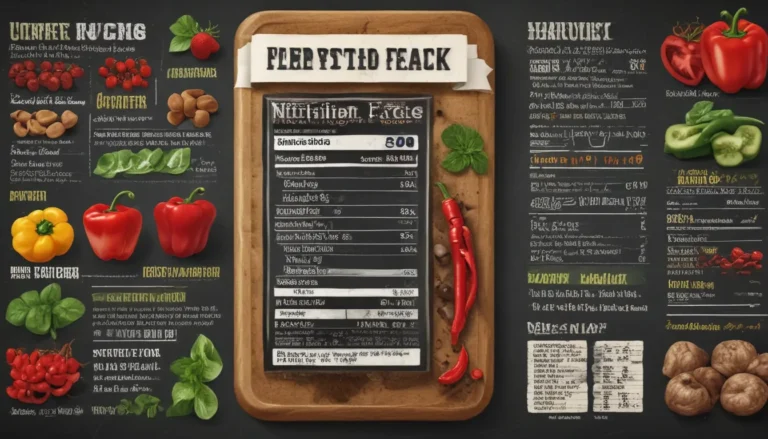The pictures in our articles might not always show exactly what the text is talking about. We use these images to make the article more interesting and eye-catching. They are there to add to the text, but not to replace it or show every detail.
Mexican squash, also known as calabacita or zucchini, is a versatile and nutritious vegetable that is a staple in Mexican cuisine. Whether you enjoy it baked, grilled, sautéed, or as a filling in enchiladas, Mexican squash adds a delicious and healthy twist to any dish. In addition to its culinary appeal, Mexican squash is also packed with a variety of essential nutrients that offer numerous health benefits. From vitamins and minerals to fiber and antioxidants, this humble vegetable has a lot to offer for overall well-being.
Discover the Nutritional Power of Mexican Squash
Mexican squash is a low-calorie, hydrating vegetable that is rich in essential vitamins and minerals. Its versatility in cooking allows it to be enjoyed in various delicious ways, making it a great addition to a healthy diet. With its high fiber, low carb, and low fat content, Mexican squash is a budget-friendly and nutritious option for those looking to watch their calorie and fat intake.
1. Low in Calories
Mexican squash is a great option for those watching their calorie intake, with only 20 calories per cup.
2. Rich in Dietary Fiber
Containing a good amount of dietary fiber, Mexican squash promotes healthy digestion and prevents constipation.
3. High in Vitamins A and C
Packed with vitamins A and C, Mexican squash helps maintain a strong immune system and healthy skin.
4. Good Source of Potassium
Naturally high in potassium, Mexican squash plays a key role in maintaining proper heart and muscle function.
5. Low in Carbohydrates
For those on a low-carb diet, Mexican squash is an excellent substitute for higher carbohydrate vegetables.
6. Hydrating Vegetable
With its high water content, Mexican squash is a great choice for staying hydrated and promoting healthy skin.
7. Contains Antioxidants
The antioxidants in Mexican squash protect the body against harmful free radicals and reduce the risk of chronic diseases.
8. Good Source of Folate
Folate, also known as vitamin B9, is essential for cell growth and function, making Mexican squash a healthy addition to your diet.
9. Low in Fat
Mexican squash is very low in fat content, making it a great vegetable for those watching their fat intake.
10. Rich in Minerals
Providing essential minerals like magnesium, manganese, and calcium, Mexican squash promotes overall health and wellbeing.
11. Versatile in Cooking
From stir-fries to soups and salads, Mexican squash can be easily incorporated into a variety of delicious and nutritious dishes.
12. Good Source of Vitamin B6
Vitamin B6 plays a crucial role in brain development and function, and Mexican squash is a natural source of this important vitamin.
13. Low in Sodium
For individuals monitoring their sodium intake, Mexican squash is a great choice due to its low sodium content.
14. Budget-Friendly Vegetable
Mexican squash is often available at an affordable price, making it a budget-friendly option for healthy eating.
15. Enjoy it in Various Ways
Whether sautéed, roasted, grilled, or steamed, Mexican squash can be prepared in multiple ways to suit your taste and preferences.
Conclusion: Embrace the Health Benefits of Mexican Squash
In conclusion, Mexican squash, also known as Calabacita, is a nutritious vegetable that offers a range of health benefits. From promoting weight loss and improving digestion to supporting immune function and maintaining healthy bones and muscles, Mexican squash is a powerhouse of essential nutrients. With its antioxidants and anti-inflammatory properties, this versatile vegetable is a valuable addition to any diet.
So, the next time you plan your meals, consider adding Mexican squash to your shopping list. Your taste buds and your body will thank you for the nutritious boost!
FAQs: Your Questions Answered
-
What are the nutritional benefits of Mexican squash?
Mexican squash is low in calories but rich in fiber, vitamins (such as C and A), potassium, magnesium, and antioxidants. It promotes weight loss, supports immune function, and helps maintain healthy bones and muscles. -
How can Mexican squash be incorporated into meals?
Mexican squash can be added to a variety of dishes, from sautéed side dishes to soups and salads. Its mild flavor makes it a versatile ingredient. -
Can Mexican squash help with digestive health?
Yes, Mexican squash is high in fiber, promoting healthy digestion and preventing constipation. -
Is Mexican squash suitable for weight loss diets?
Absolutely! Mexican squash is low in calories and high in fiber, making it a great addition to weight loss diets. -
Are there any potential allergenic reactions to Mexican squash?
While rare, individuals allergic to gourds or cucumbers may experience reactions to Mexican squash. Consult a healthcare professional if you have known allergies.
Trust in the health benefits and versatility of Mexican squash as you explore the numerous ways to incorporate this nutritious vegetable into your diet. Enjoy the delicious flavors and nutritional benefits that Mexican squash has to offer.
